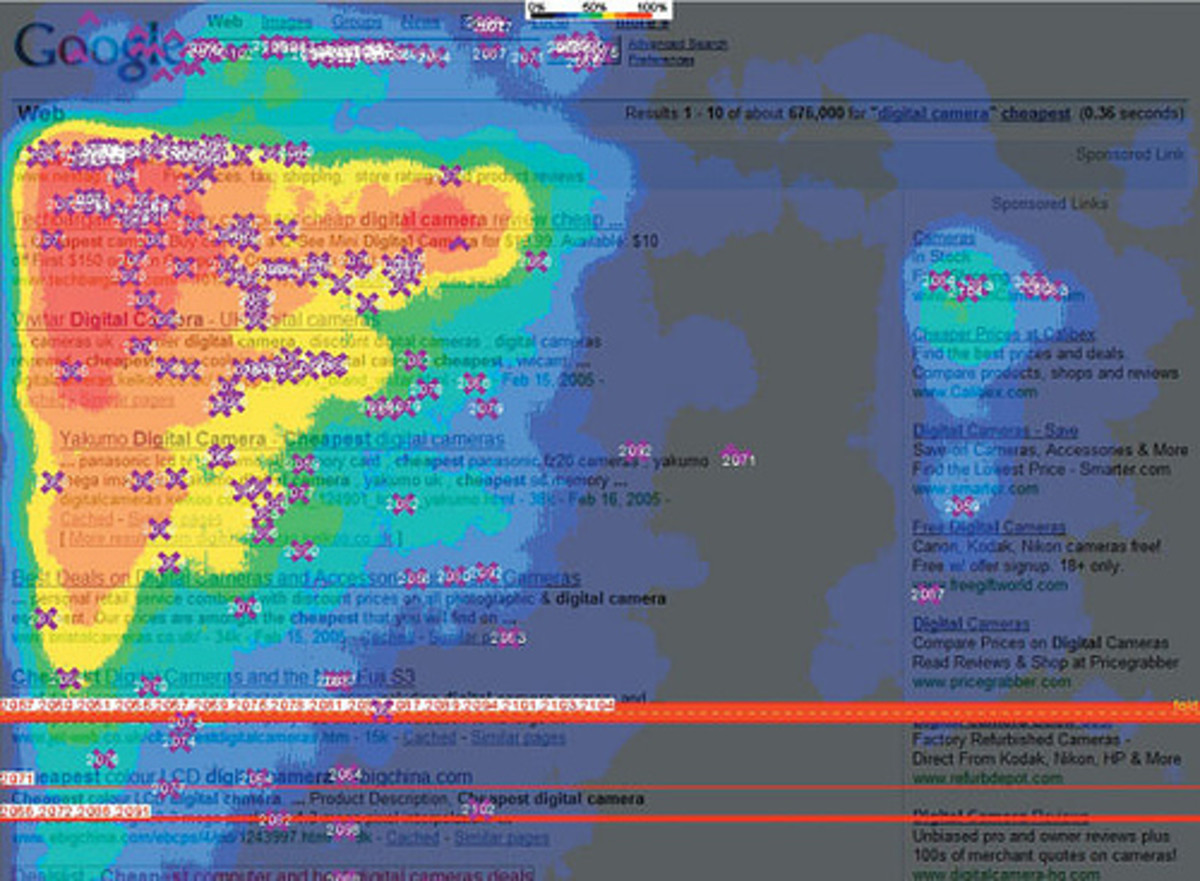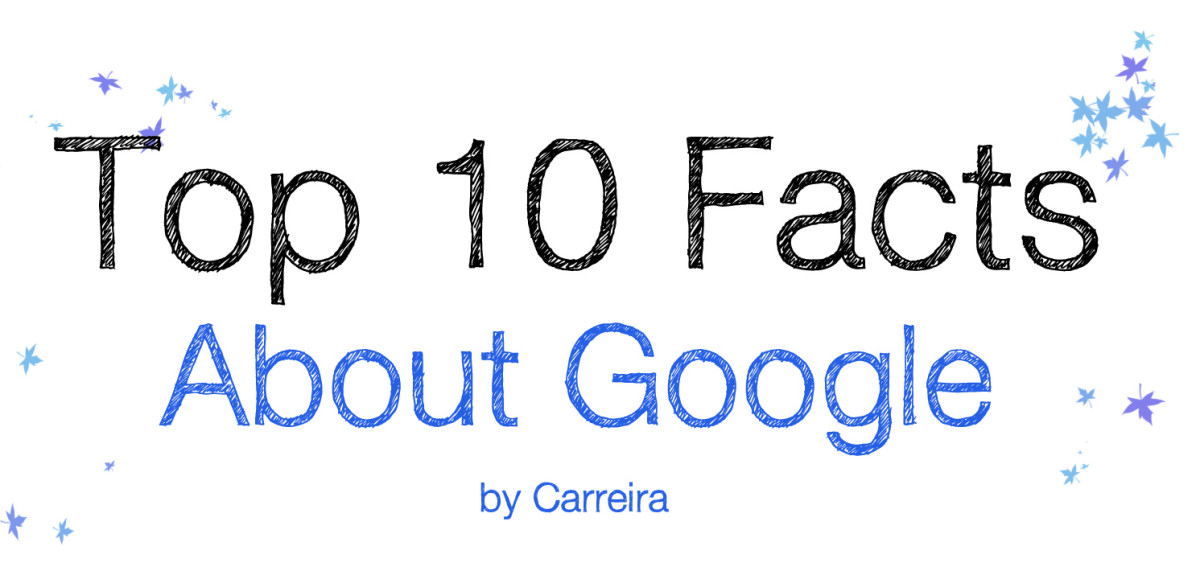Search Engines and Online Privacy?
In recent years the discussion about privacy online has become louder. The discussion is fueled by news about companies tracking all our searches and our actions on the internet. Are well-known internet companies such as Google and Facebook acting in our best interests or in their own?
Google's company motto is "don't be evil" and while it hasn't turned to the dark side yet, its colossal size and the amount of data that it has about its users causes worry for some.
Fortunately there are some actions you can take to protect your online privacy to some extent. You should still realize that the best way to protect your privacy is to do nothing online but that's rarely a viable option these days.

Two problems with modern search engines
There are basically two 'problems' with modern search engines:
- they can track (store) all your searches you've done in the past
- they can cater the search engine results to what they think you'd like to see. In other words, the search engine results are creating a bubble for you with only the content that you'd like to see (such as conservate political opinions instead of liberal ones and so on).
Although the following two websites are intended as advertising for the search engine DuckDuckGo, they explain the problem with illustrations:
In the next part of this article I'll give you some tips about what you can do to protect your online privacy when searching.
What can I do to search safely?
Here are some actions you can take to search safely online, with your privacy in mind:
- Disable personal web search history: Several search engines have an option to store your personal web search history - which are basically all the words that you've typed into that search engine.
The claimed benefit of this is that they can offer better search results to you in the future. That may be true but it also means they know what your interest are and they more they know, the better they can serve advertisements to you.
Look at the options of your favorite search engine to see if it can be disabled. - Use a secure connection: It's not very widely known but some search engines offer the option to use a secure connection for searching the web. This means that whatever you type for searching will be sent over a secure connection to the search engine and the search results will also be sent back that way. A secure connection prevents eavesdropping by third parties while you're searching.
For example, Google has a secure version which uses https instead of http (the 's' stands for secure). - Use a search engine with various privacy-friendly options: One of the search engines that I've been experimenting with lately is DuckDuckGo which claims to have various features that are good for your privacy. They don't store your searches and they employ various technical tricks to prevent any identifiable data from being sent to a website that you visit from the search results. More information can be found in their privacy policy.
What about the law?
There are laws that prevent web companies from storing your search queries for too long but that still means data about you is stored at their machines. This data is anonymized which means that some identifying data is changed. This includes the IP address of your computer, which is a number that is used to identify your computer on the internet.
This is claimed to be enough to make it impossible to let the web company look up who has been searching for what. But there are also indications that even with these precautions, a particular individual could still be identified based on what they search for, such as interests, geographic information, and so on.
Even with the above advice about secure connections and turning off personal web search history it's still a difficult issue. After all, you're still sending your searches to a website who processes them in some way and gives you back your search results. If you're really paranoid then it's indeed difficult to be certain about what the company is doing with your searches.
Other security advice
While we're on this topic, you can also use secure connections to other well-known websites such as Facebook and Twitter. The following articles explain how you can configure your accounts to browse using a secure connection:
- Facebook Security: How To Browse With HTTPS Secure Connection
Keep your Facebook account and password safe by using a secure HTTPS connection to login. This article tells you how to change your connection to Facebook to a secure one. - Twitter Security: How To Use HTTPS Secure Connection
Keep your Twitter account and password safe by using a secure HTTPS connection to login. This article tells you how to change your connection to Twitter to a secure one.
This article was written by Simeon Visser. I am earning money online by writing here at HubPages.com. Would you like to earn money online as well? Read the success stories and sign up today to get started!








